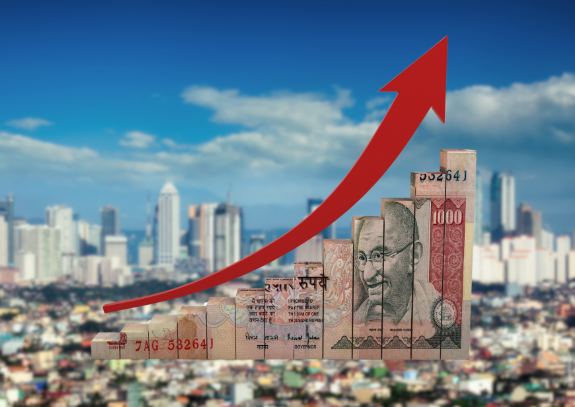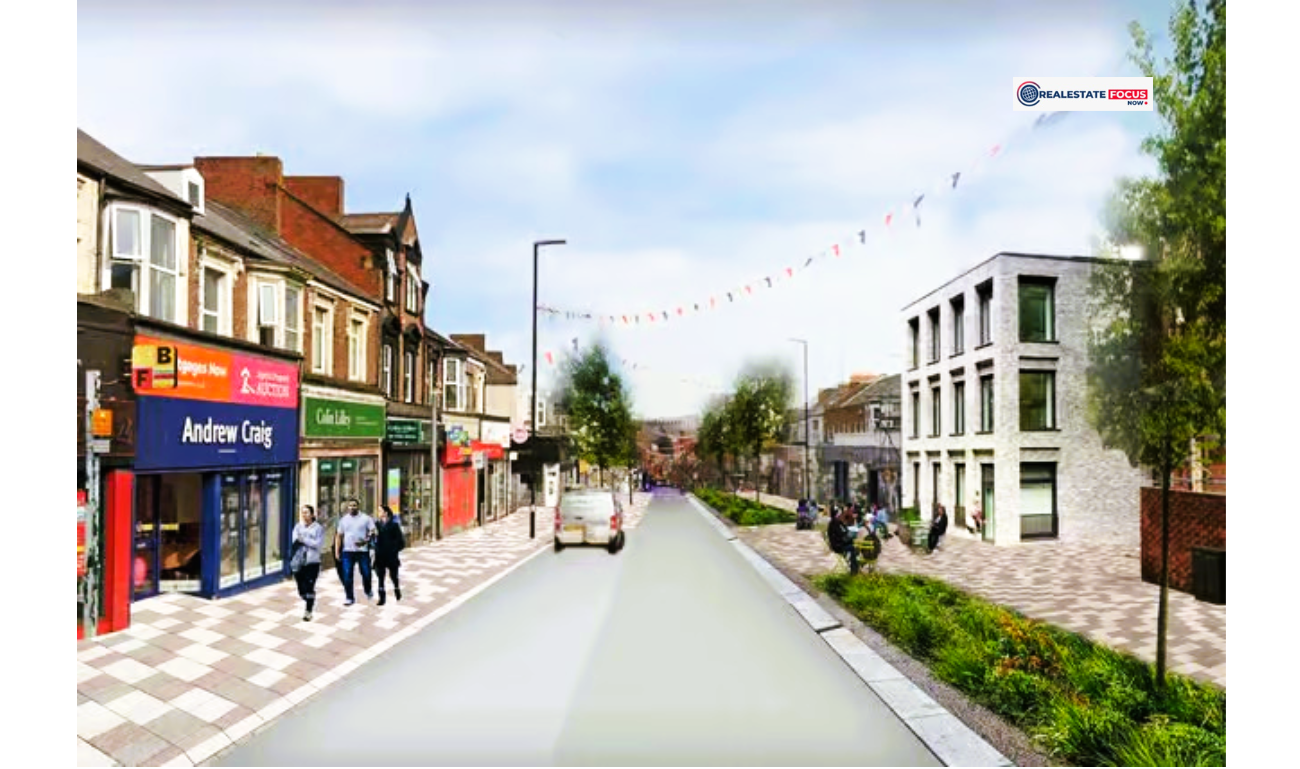

PHL Property Market Projects Set for Growth in 2025
The Philippine property market is expected to see growth opportunities in 2025. This is due to strong demand in residential, commercial, and industrial sectors. Developers are planning new projects to meet the needs of buyers and investors.
These projects aim to improve infrastructure, housing, and business spaces. Growth is supported by economic stability and urban development. Residential projects will focus on affordable housing and mixed-use developments. Developers plan to create homes that cater to different income groups.
Projects will include condominiums, townhouses, and single-family homes. Affordable housing will address the needs of first-time buyers and growing families. Mixed-use developments will combine living, shopping, and recreational spaces.
Commercial projects will target business districts and urban centers. These projects aim to provide office spaces for local and international companies. Developers plan to offer flexible workspaces to meet the needs of different industries.
Retail spaces will be part of commercial developments to support business growth. Projects will focus on locations with strong transportation links. Industrial projects will support logistics, manufacturing, and warehousing sectors.
Developers plan to build facilities near major transport hubs for easy access. Industrial parks will be designed to attract local and foreign investors. Projects will include sustainable features to reduce environmental impact. These developments aim to boost economic activity and create jobs.
The property market’s growth is driven by government infrastructure projects. Investments in roads, bridges, airports, and public transportation improve connectivity. These projects make real estate developments more attractive to buyers and investors. Improved infrastructure also supports economic growth and urban expansion.
Developers align their projects with government plans to maximize opportunities. Sustainability will be a key focus in new property projects. Developers plan to use eco-friendly materials and energy-efficient systems.
Green spaces and environmentally friendly designs will be integrated into projects. Sustainable developments aim to reduce carbon footprints and promote healthy living. This approach meets the growing demand for eco-conscious properties.
Developers will offer flexible financing options to attract buyers. Payment plans and loan packages will make property ownership more accessible. Financial institutions will support these projects through mortgage products.
Transparent pricing and flexible terms help build buyer confidence. These strategies aim to boost property sales in 2025. The tourism industry will influence property projects in key destinations. Developers plan to build hotels, resorts, and vacation homes to meet tourist demand.
Projects will focus on popular coastal and urban areas. Tourism-related developments create jobs and support local economies. This growth supports both residential and commercial real estate markets.
Real estate developers will invest in technology to enhance projects. Smart homes, digital security systems, and energy management tools will be part of new developments. Technology improves convenience, safety, and efficiency for property owners.
Developers aim to meet the demand for modern living and working environments. Tech-driven projects attract tech-savvy buyers and investors. Urbanization will shape property projects in major cities. Developers will focus on high-density housing and mixed-use developments.
Projects aim to maximize land use in growing urban areas. Urban developments will include public spaces, parks, and community facilities. This approach supports balanced, sustainable city living. The property market will benefit from foreign investment in 2025. International investors are interested in residential, commercial, and industrial projects.
Developers will promote projects to attract foreign buyers and business partners. Foreign investments support project funding and economic growth. Real estate remains an attractive option for global investors seeking opportunities.
The rental market will grow alongside property development. Developers plan to offer rental units for residential and commercial use. Rental properties meet the needs of students, professionals, and businesses. Flexible lease terms attract long-term and short-term tenants. This growth supports the overall real estate market.
Real estate companies will focus on customer service and satisfaction. Developers aim to build strong relationships with buyers and investors. Support services will include property management, maintenance, and after-sales assistance.
Clear communication and responsive service improve customer experiences. These efforts strengthen brand reputation and loyalty. The luxury property segment will see new projects in prime locations. Developers plan to offer high-end homes with premium amenities.
Luxury developments cater to affluent buyers seeking exclusivity and comfort. Projects will focus on design, quality, and lifestyle features. This segment attracts both local and international investors. Affordable housing projects will address the growing demand for budget-friendly homes. Developers will partner with government agencies to support housing programs.
Projects aim to provide quality homes at accessible prices. Affordable housing helps reduce the housing gap in urban and rural areas. These developments support social and economic growth. The property market will face challenges such as economic fluctuations and regulatory changes.
Developers will adapt by adjusting project plans and strategies. Risk management and flexible business models help mitigate potential issues. Strong market research supports informed decision-making. These efforts help maintain stability in the real estate sector.
Real estate education and training will support industry growth. Developers and professionals will invest in skill development programs. Training covers project management, sales, marketing, and sustainability. Knowledge-sharing helps improve industry standards and practices. A well-trained workforce supports successful property projects.
Government policies will influence property development trends. Regulations on land use, building codes, and environmental standards shape project planning. Developers will work closely with government agencies to ensure compliance.
Clear policies support transparency and investor confidence. Regulatory frameworks guide sustainable growth in the property sector. Public-private partnerships will support large-scale property projects. Collaboration between developers and government agencies helps fund infrastructure and housing projects.
Partnerships improve project efficiency and resource allocation. Joint efforts support urban development and economic growth. These collaborations benefit both the public and private sectors. The Philippine property market in 2025 will be dynamic and diverse.
Developers will focus on residential, commercial, industrial, and tourism-related projects. Growth will be driven by infrastructure development, foreign investment, and sustainability. The market offers opportunities for buyers, investors, and businesses. Real estate remains a key contributor to the country’s economic development.




































